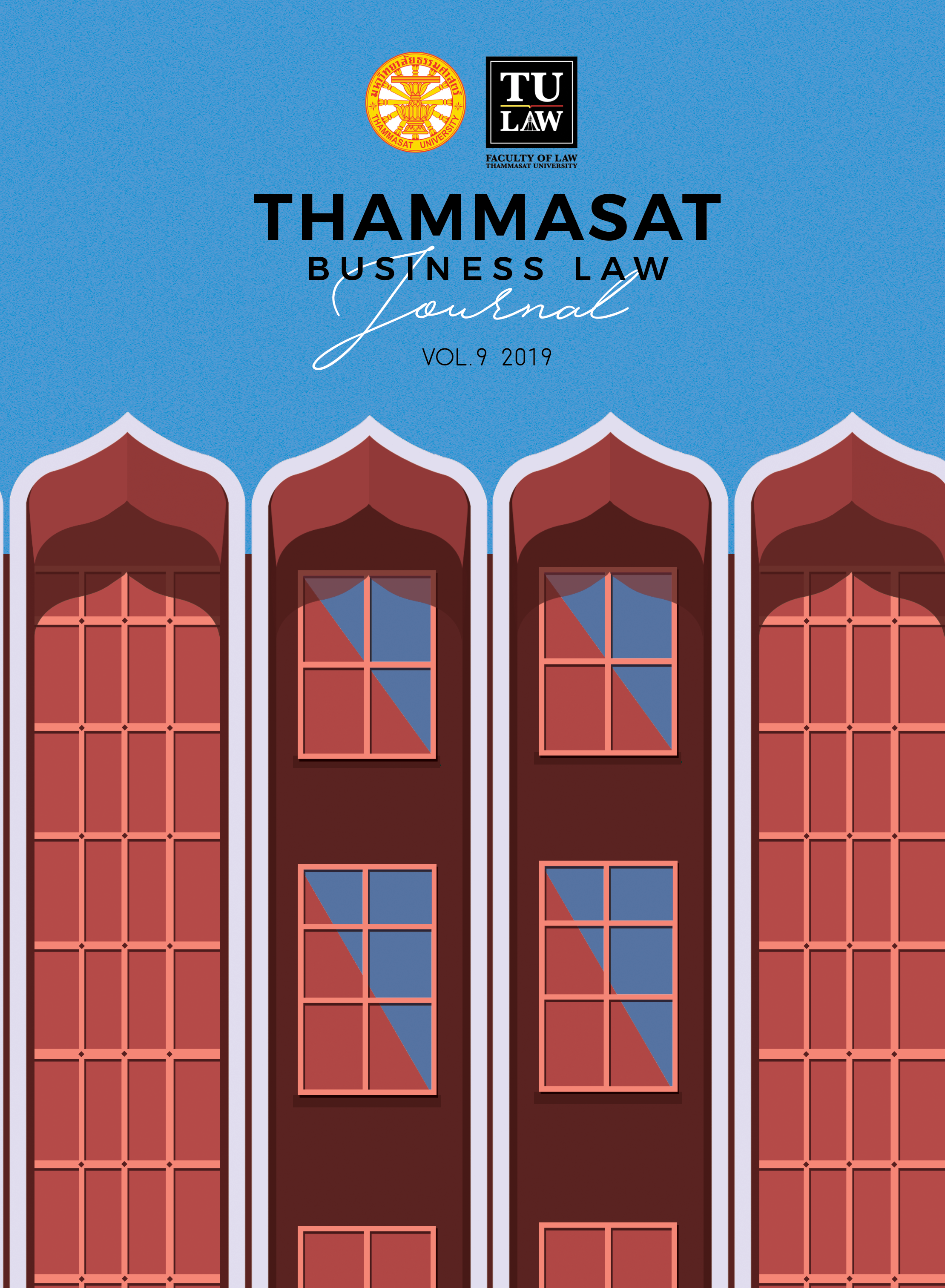The Role of Trade Unions in Protecting Rights of Labourers in the Readymade Garments (Rmg) Sector of Bangladesh: A Comparative Analysis of Bangladesh, Chinese and Indian Laws A COMPARATIVE ANALYSIS OF BANGLADESH, CHINESE AND INDIAN LAWS
Main Article Content
Abstract
Abstract
As the International Labour Organization (ILO) announced that establishing a decent working place, movement of trade unions and collective bargaining are essential. However, the number of trade unions in the Readymade Garments (RMG) of Bangladesh is unsatifactory in comparison to the numbers of total RMG factories. The reason behind this scenerio is that the provisions of Bangladesh Labour Law regarding trade unions and collective bargaining is rigid.
As a member of the International Labour Organization (ILO) Conventions, Bangladeshi labour law must abide by the ILO Conventions. Conversely, there are over restrictions on the formation of trade union and unnecessary interferences upon trade union's activities. Though Bangladesh government amended the Bangladesh Labour Act, twice in 2013 and 2018, still the rules and regulations regarding the trade union and collective bargaining are insufficient to support the labourers strongly in RGM sector of Bangladesh.
This research paper has pointed out the weak legal links in the Bangladesh Labour Act regarding trade unions. In addition, there are some recommendations to resolve the discrepancies in the Labour Act strong in order to support the labourers to ensure their rights. Consequently the Bangladesh Labour Act, 2006 will be able to achieve the international standard following the International Labour Organization (ILO) Conventions.


